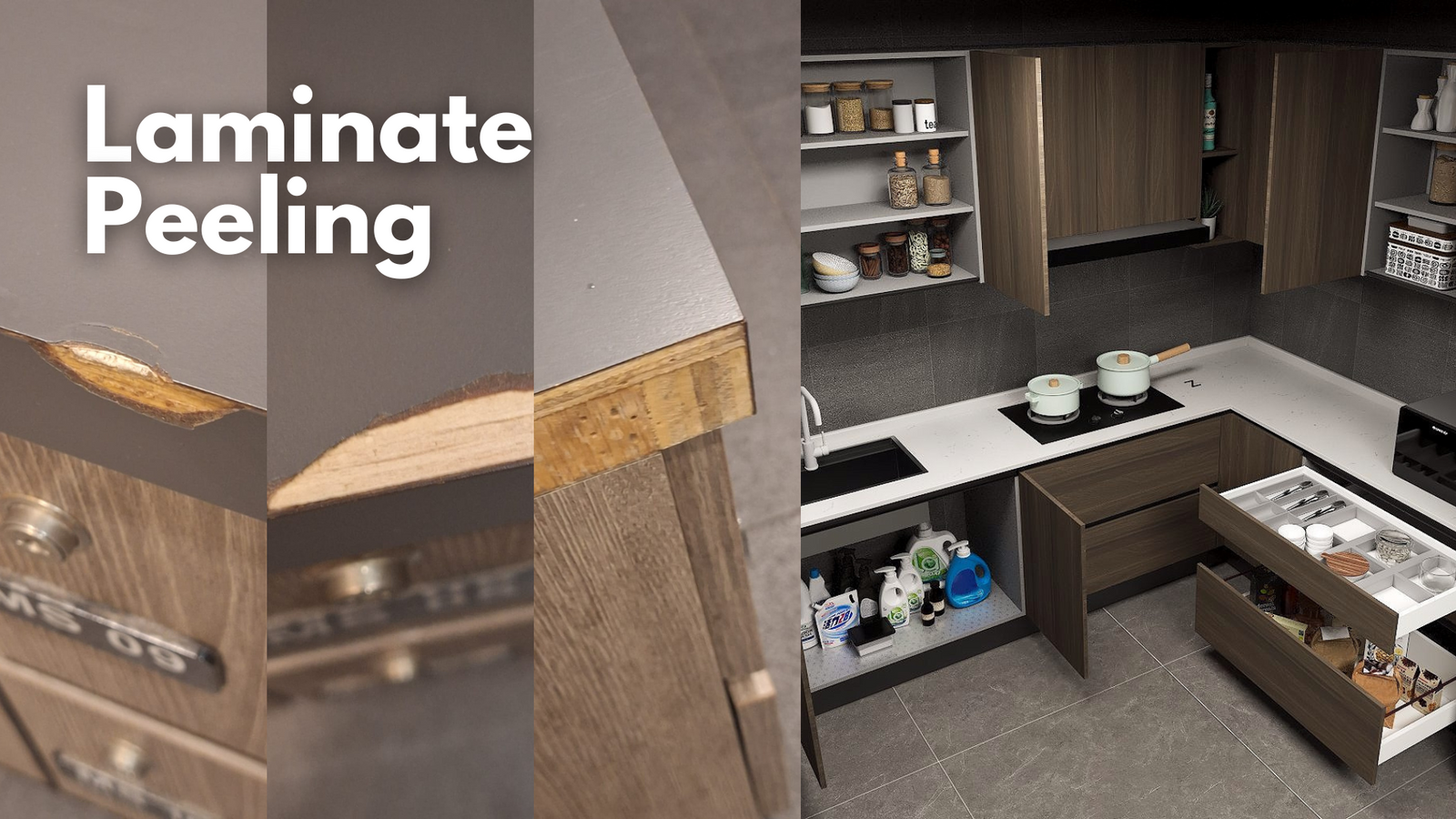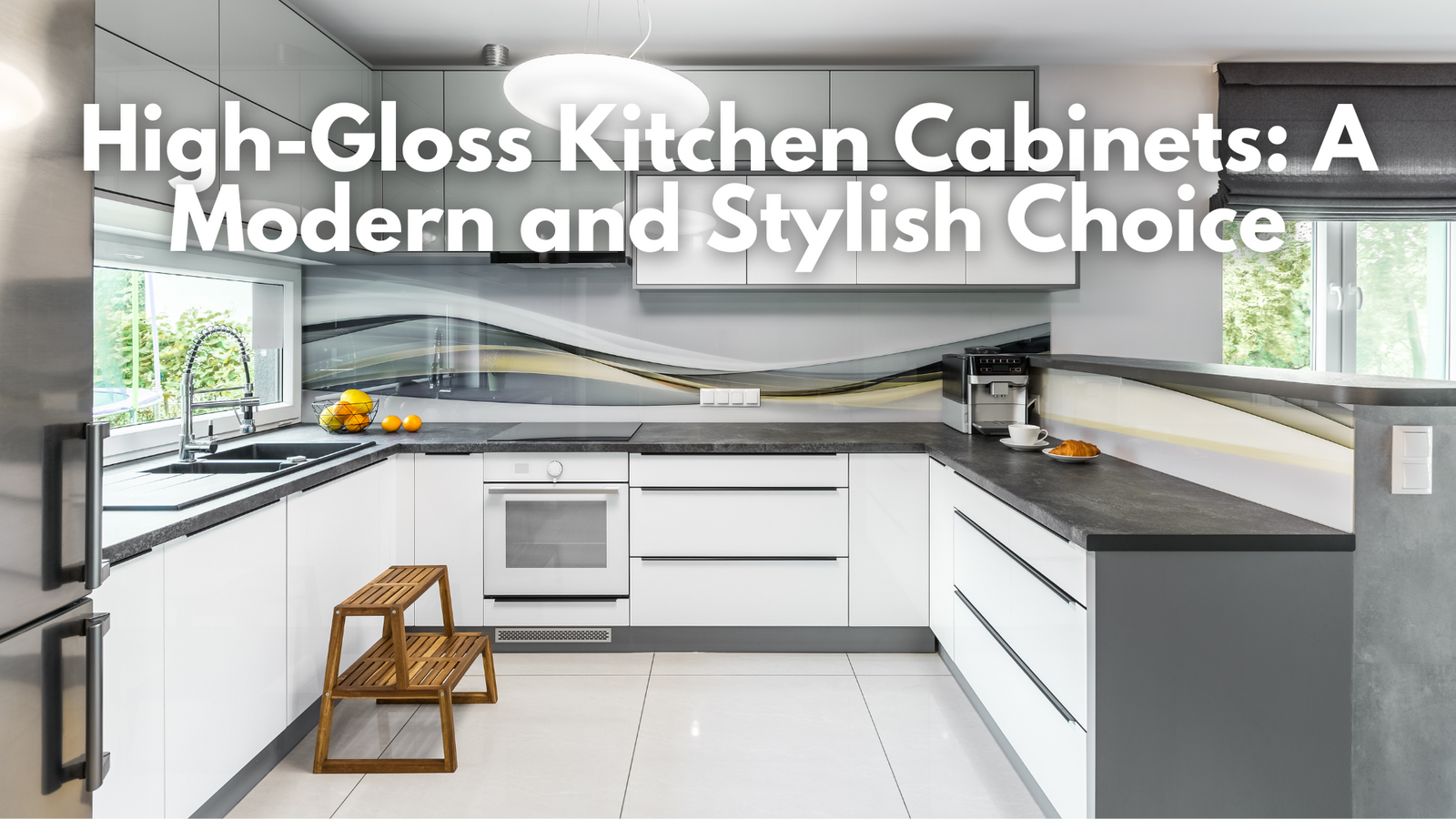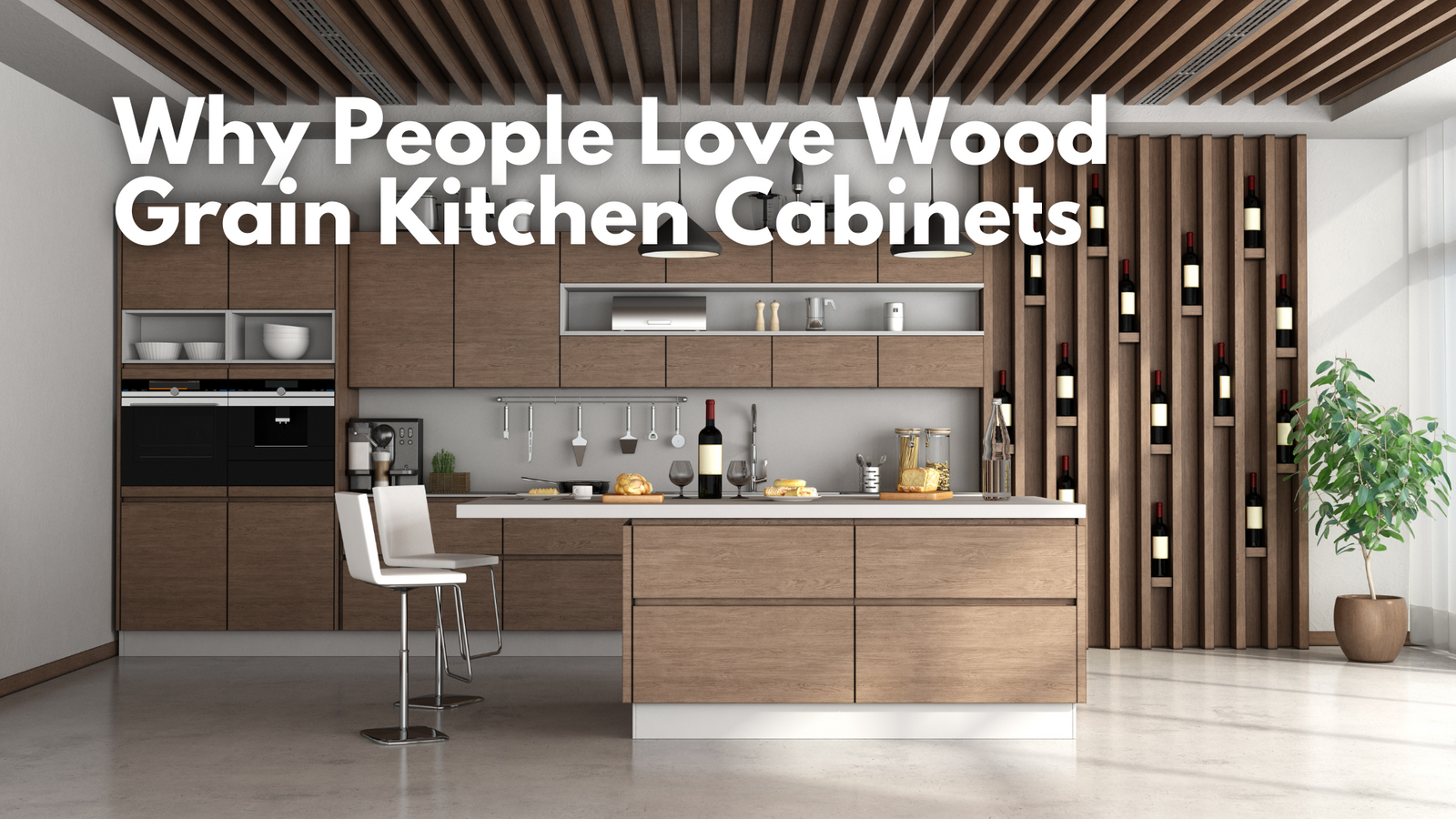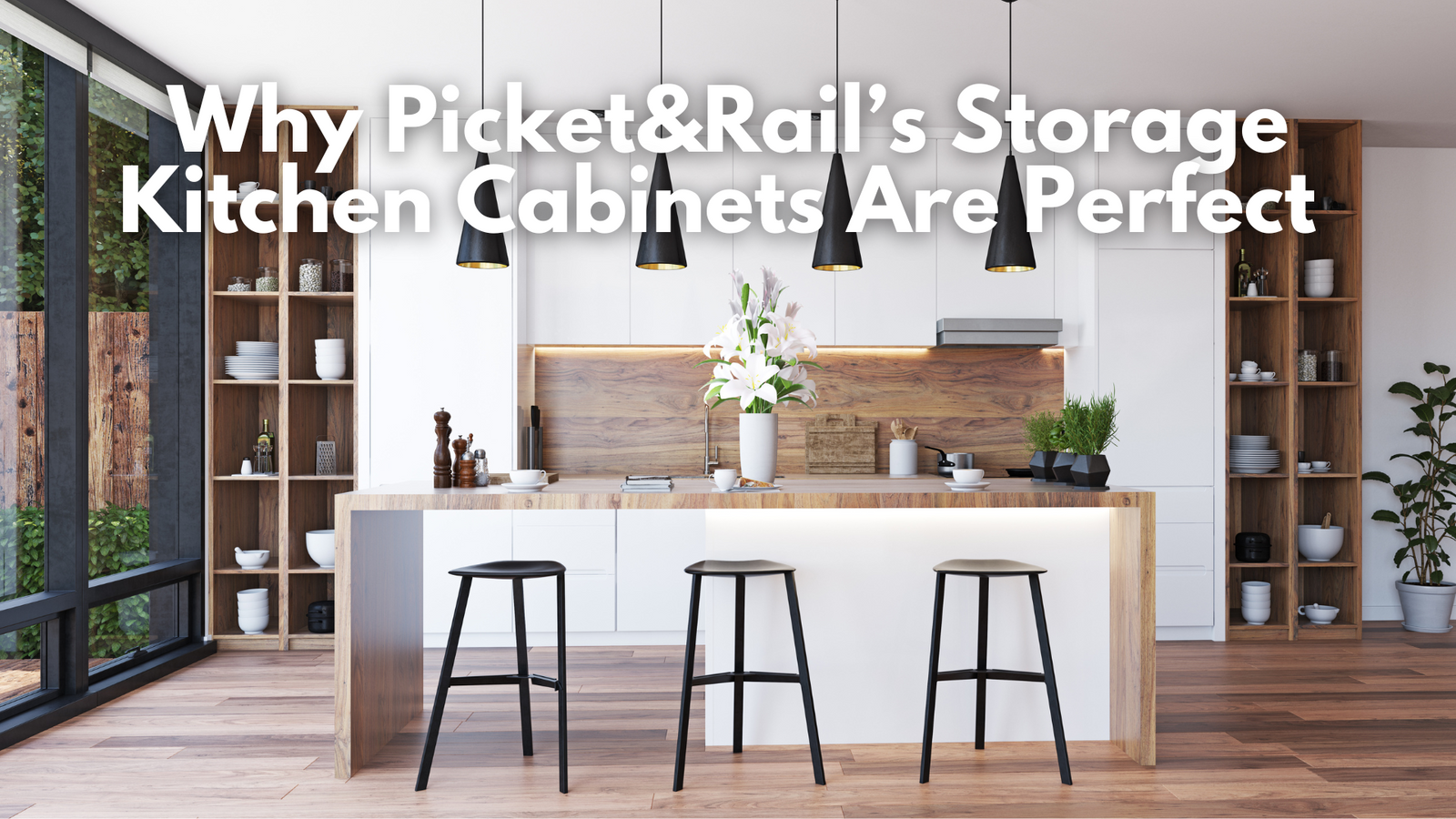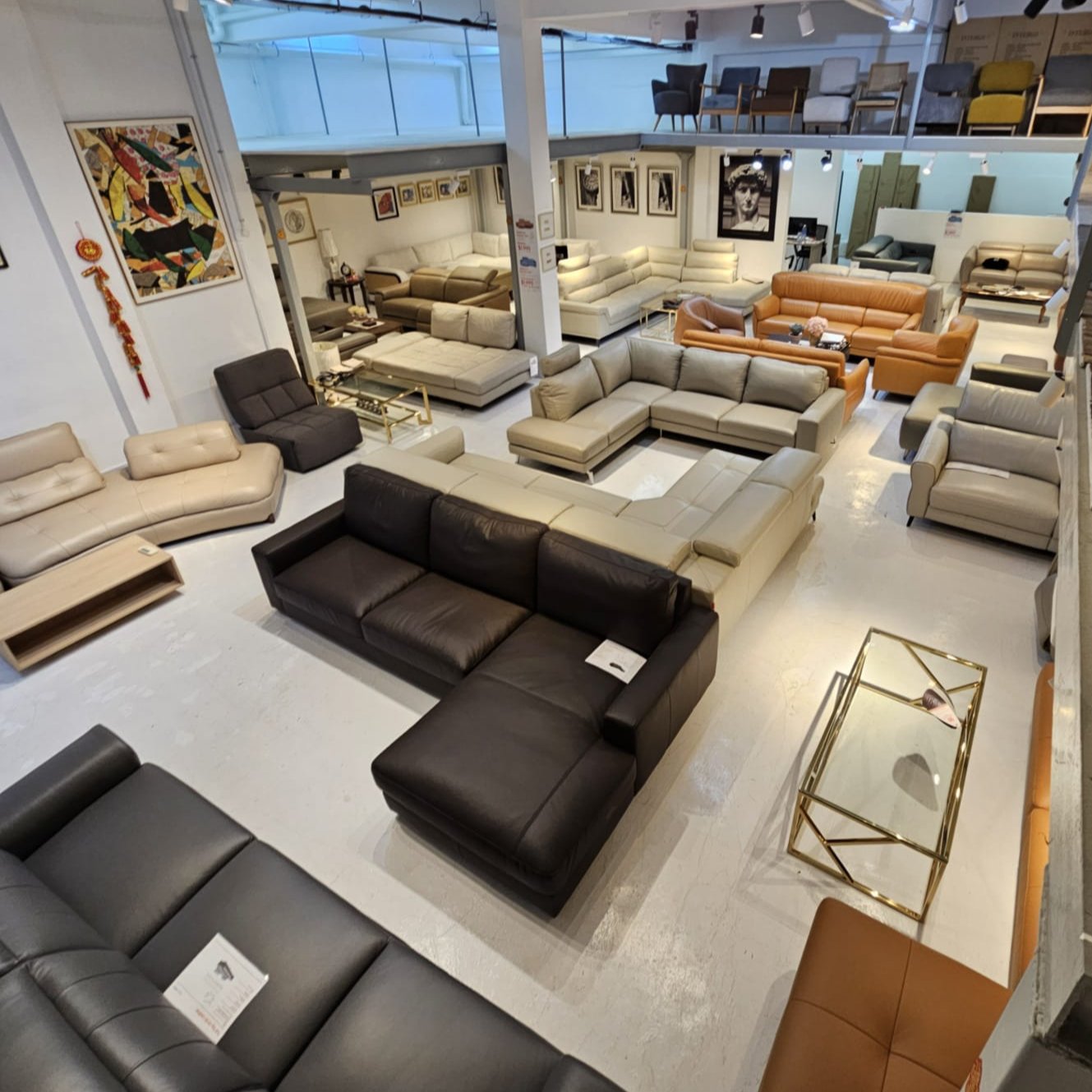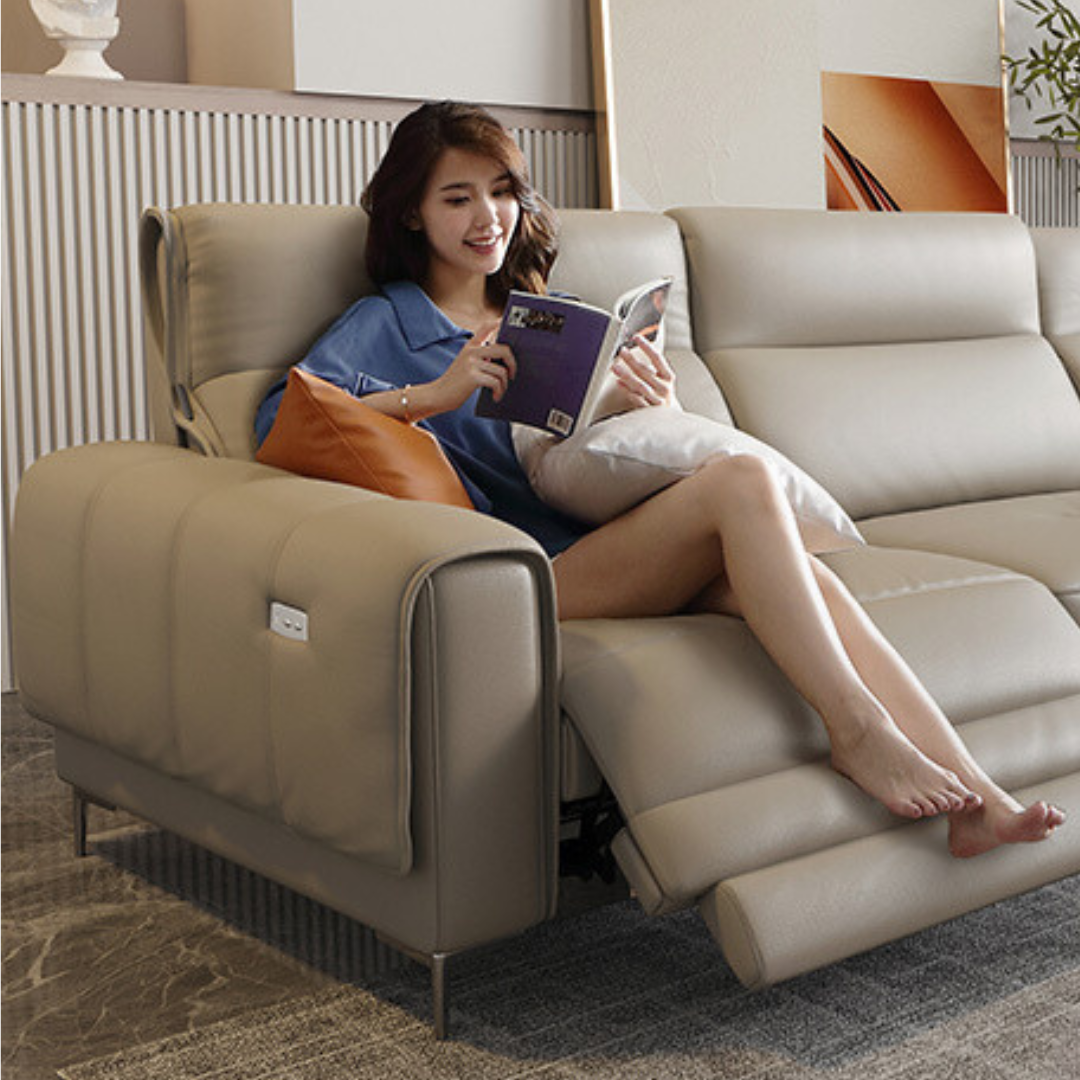High-Pressure Laminates (HPL) are renowned for their durability and aesthetic appeal, making them a popular choice for a variety of surfaces, including countertops, cabinetry, and furniture. However, one common issue that many users encounter is peeling. Understanding why HPL laminates peel so often can help in selecting the right materials and maintaining them properly. Here are ten reasons why this problem may arise:
1. Poor Adhesion During Installation
One of the primary causes of peeling is inadequate adhesion between the laminate and the substrate. If the adhesive used during installation is of low quality or improperly applied, it can result in weak bonding, leading to peeling over time. Ensuring that the right adhesive is used and applied correctly is crucial for a long-lasting finish.
2. Substrate Preparation Issues
The surface onto which the HPL is applied must be properly prepared. Any dirt, dust, or moisture on the substrate can interfere with adhesion, causing the laminate to peel. Thoroughly cleaning and preparing the substrate before applying the laminate helps to prevent this issue.
3. Exposure to Excessive Moisture
HPL laminates are designed to be water-resistant, but excessive moisture can still cause problems. If the laminate is exposed to high levels of humidity or standing water, it can weaken the adhesive and lead to peeling. Proper sealing and maintenance can help mitigate this risk.
4. Temperature Fluctuations
Extreme temperature changes can cause the laminate and substrate to expand and contract at different rates. This can lead to stress on the adhesive bond, resulting in peeling. Maintaining a stable temperature and avoiding exposure to extreme heat or cold can help prevent this issue.
5. Improper Handling and Installation
Handling and installing HPL laminates incorrectly can also contribute to peeling. Dropping or bending the laminate during installation can damage the surface or adhesive, leading to peeling. Following proper installation procedures and handling guidelines is essential for ensuring a durable finish.
6. Exposure To Sunlight or UV
It’s crucial to protect HPL furniture from heat and direct sunlight, as exposure can lead to color fading and laminate peeling. HPL typically lacks an anti-UV coating, so placing your furniture in areas away from direct sunlight will help maintain its appearance and durability.
7. Inadequate Edge Sealing
The edges of HPL laminates are particularly vulnerable to peeling if not properly sealed. If the edges are left exposed or inadequately sealed, they can absorb moisture and become a weak point in the laminate. Ensuring that edges are thoroughly sealed during installation helps prevent peeling.
8. Improper Cleaning Methods
Using abrasive cleaners or harsh chemicals on HPL surfaces can damage the laminate and weaken the adhesive bond. It’s important to use gentle cleaning methods and appropriate cleaning agents to maintain the integrity of the laminate and prevent peeling.
9. Physical Damage
Physical damage, such as scratches or impacts, can compromise the laminate's surface and adhesive bond. Over time, these damages can lead to peeling. Taking care to avoid sharp objects or heavy impacts on the laminate helps maintain its appearance and adhesion.
10. Age and Wear
Like any material, HPL laminates can deteriorate with age and wear. Over time, the adhesive can break down, and the laminate may begin to peel. Regular maintenance and timely replacement of worn-out laminates can help ensure that surfaces remain in good condition.

Americana A32S Custom 32-Feet Kitchen Cabinet - Assorted Colour
Conclusion
HPL laminates offer a durable and attractive finish for many applications, but issues such as peeling can arise due to various factors. By understanding the common causes of peeling and taking proactive steps to address them, you can ensure a longer-lasting and more reliable laminate surface. Proper installation, regular maintenance, and careful handling are key to avoiding these problems and enjoying the benefits of HPL laminates for years to come.
Recommended Links
- Kitchen Cabinet Collection
- Custom Wardrobe Collection
- Solid Wood & Custom Bunk Bed
- Custom Tatami Storage Beds
Top Kitchen Cabinet Questions
- Can Custom Built-In Kitchen Cabinets Be Designed to Fit Specific Kitchen Layouts and Dimensions?
- Are There Any Special Considerations or Limitations When Installing Custom Built-In Kitchen Cabinets?
- Are There Any Maintenance or Care Requirements for Custom Built-In Kitchen Cabinets?
- What Are Some Popular Design Trends or Features for Custom Built-In Kitchen Cabinets?
- What are Custom Built-In Kitchen Cabinets?
Follow our facebook page for the latest deals.

